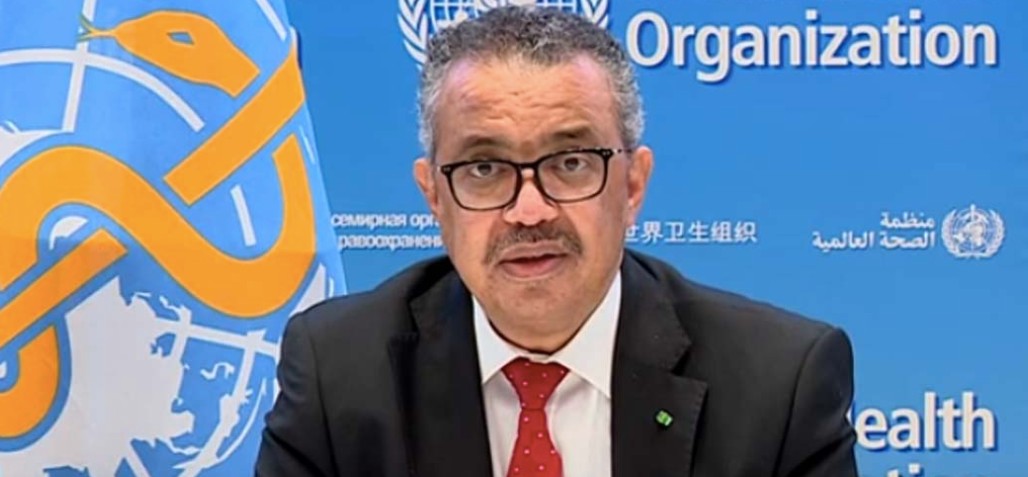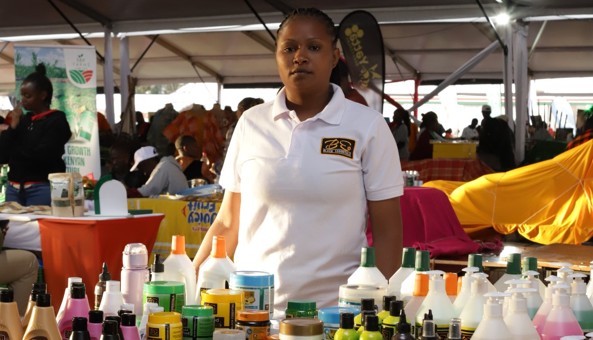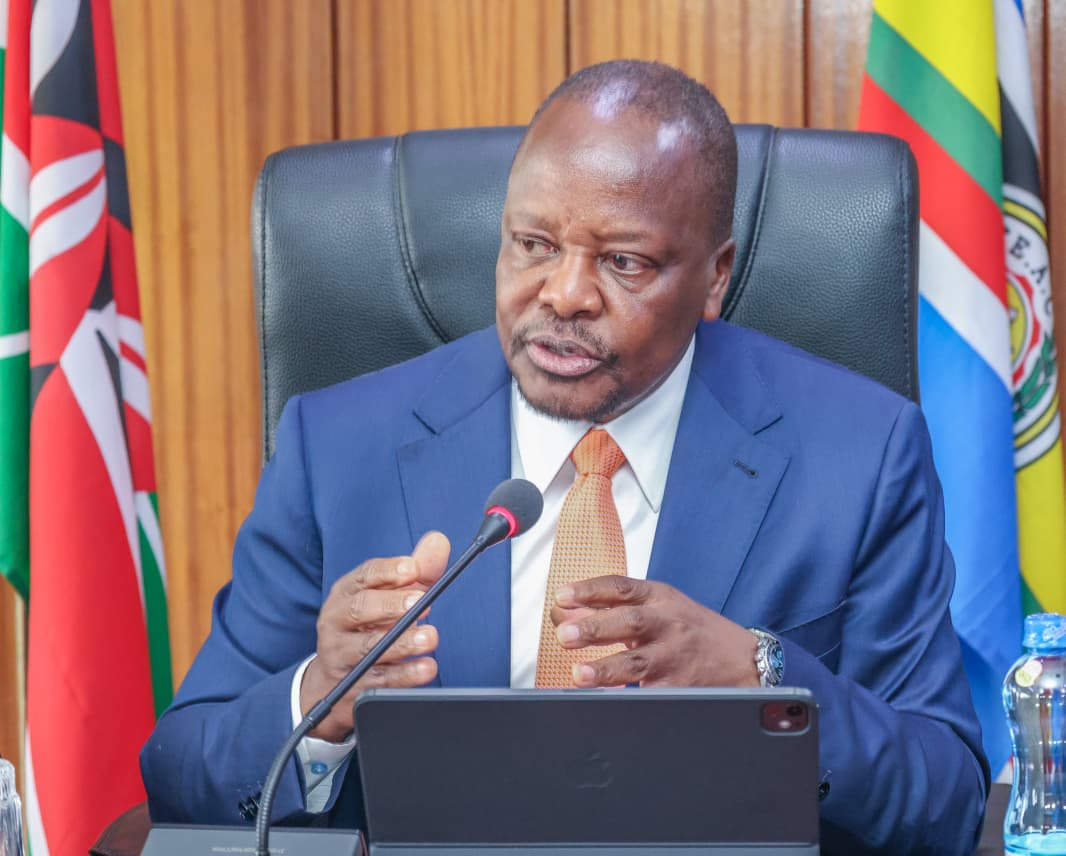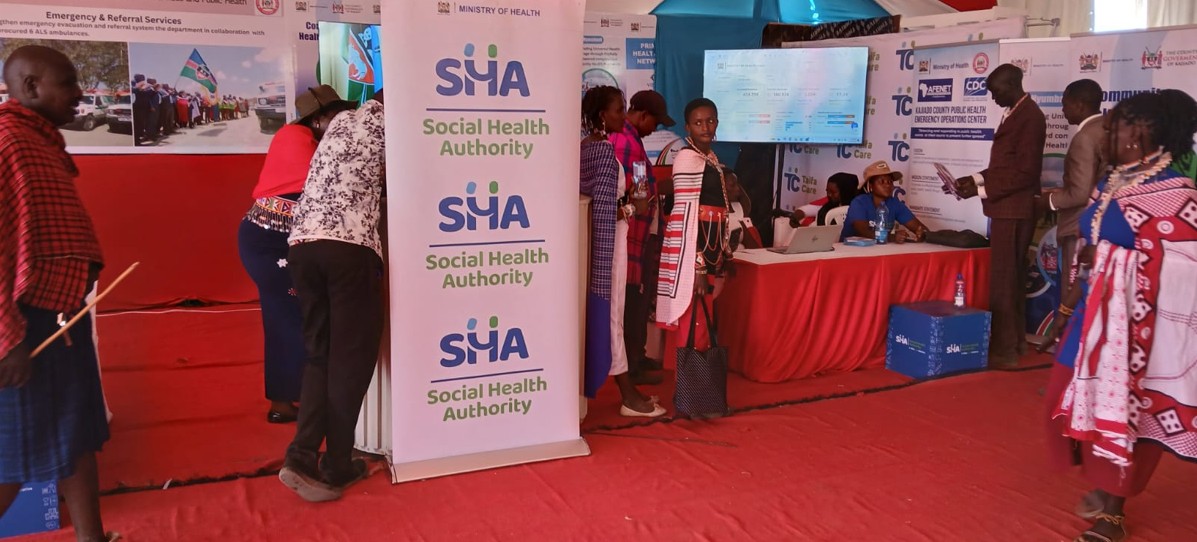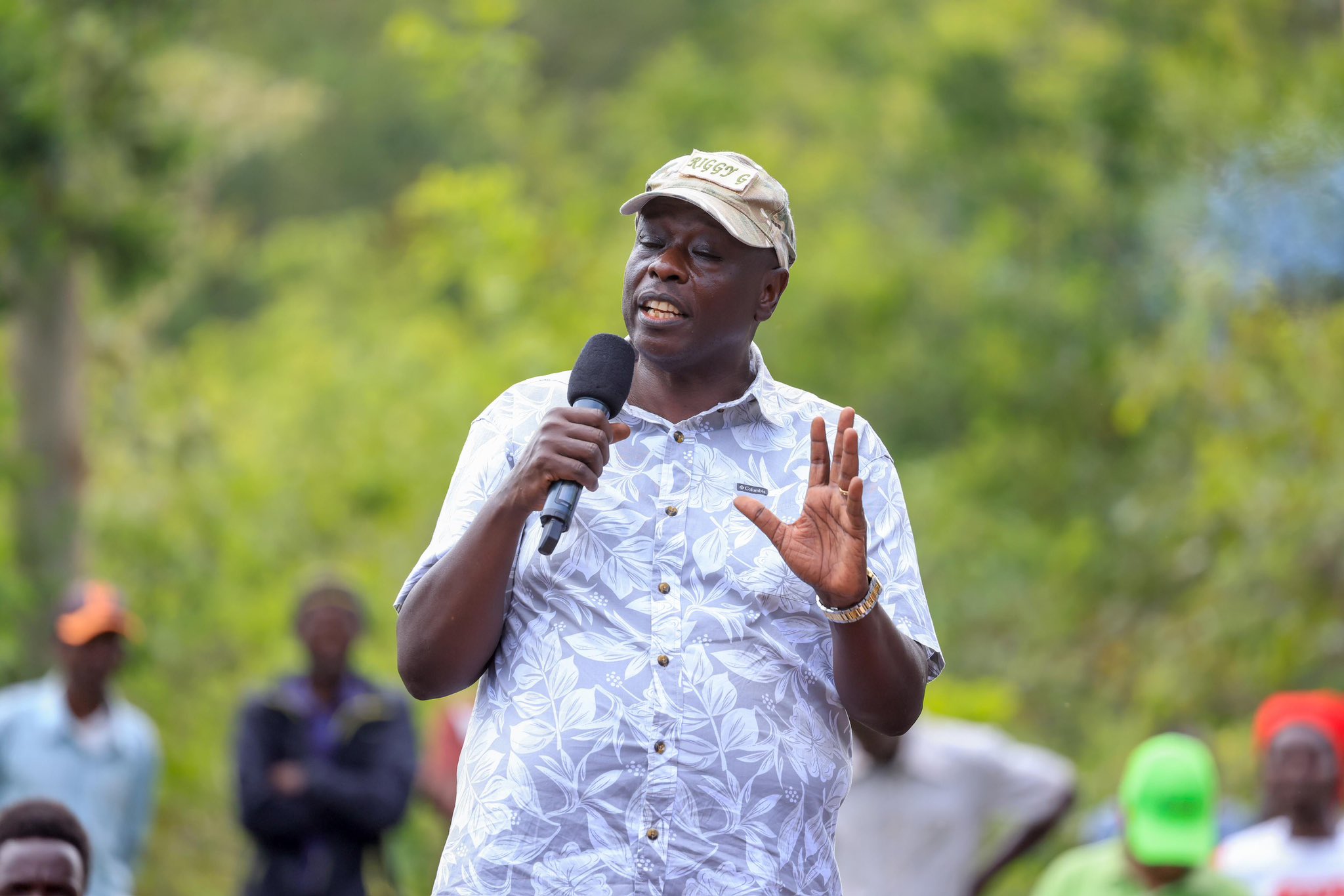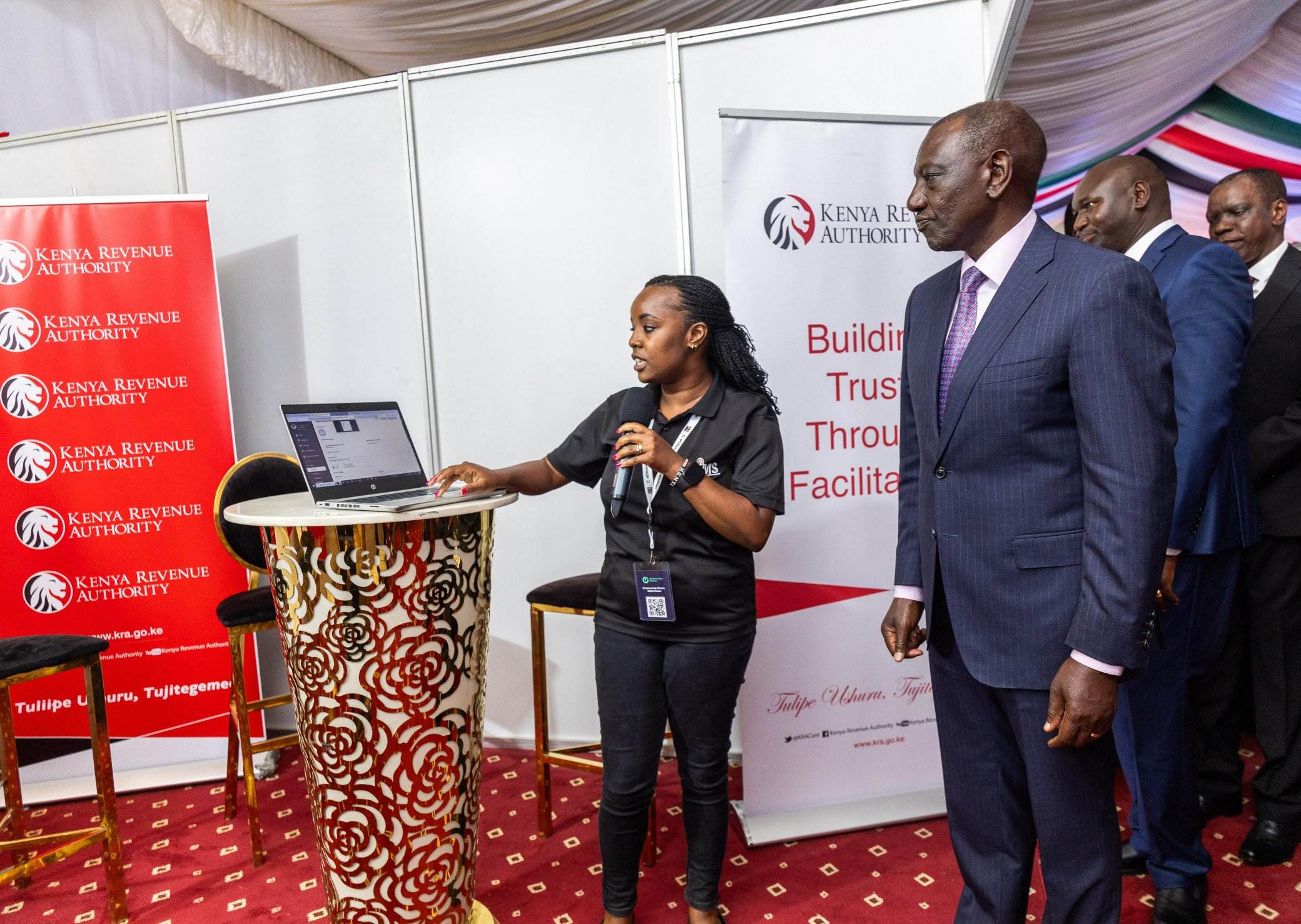International investor to operate new Isiolo abattoir as locals await benefits
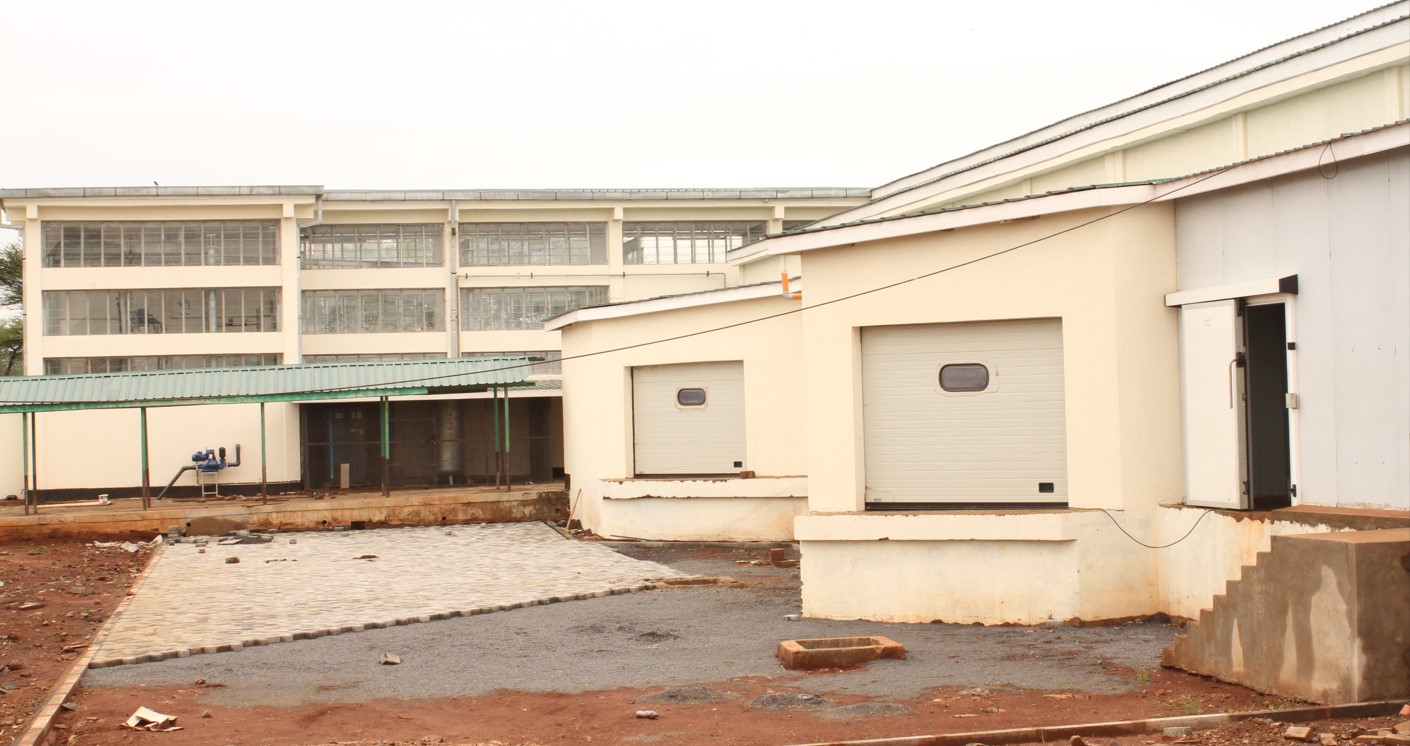
The Isiolo abattoir has faced several setbacks which have led to its stalling over the past 17 years.
In a bid to transform the region's livestock industry, Isiolo's state-of-the-art export abattoir is to be handed over to an international investor for operation.
Citing a lack of capacity to manage such a large-scale facility, the county government has decided to partner with an experienced investor to ensure the facility operates at its full potential.
More To Read
- Supporting Africa’s drylands: Insights from the pastoralists who call them home
- Isiolo leaders give Samburu herders 48-hour ultimatum to vacate Chari grazing fields amid surge in killings
- Senate Bill proposes five-year jail term, Sh2 million fine for livestock thieves
- Rift Valley fever: What it is, how it spreads and how to stop it
- Ministry of Agriculture set to launch e-voucher system for livestock vaccination
- Kenya to produce 70 million livestock vaccine doses annually by 2027
The abattoir, a project that has been in the works for over 17 years, is nearly complete, with 90 per cent of the internal construction finished, according to the Isiolo County Chief Officer for Irrigation Godana Dida.
Dida explained that the decision to hand over the abattoir to an international investor stems from the county's limited capacity to manage the facility.
"The plan we have as a county is to give this abattoir to an investor because we don't have the capacity for its daily operation, which is estimated to cost Sh2 billion, considering the number of animals to be slaughtered and the need to connect to international markets," he said.
Two companies, one from the United States and another from Botswana, have already expressed interest in taking over the operations.
The county government completed an expression of interest process a month ago, and Governor Abdi Hassan Guyo’s administration has now moved into the public participation phase, a key step before finalising the agreement.
Godana added that the county is also collaborating with the national government to form cooperatives and set up feedlots, which will support the abattoir's supply chain.
Status of the project
The Isiolo abattoir has faced several setbacks which have led to its stalling over the past 17 years.
Chief Officer Godana pointed out that the primary factor contributing to the delay of the project's completion has been the lack of resources and technical challenges.
When the county government took over in August 2022, it was found that the initial structure, developed by the national government, did not meet export standards.
As a result, the county had to invest in a complete overhaul of the facility.
The county has invested heavily in the project over the years with Sh412 million of its own funds, alongside a Sh451 million contribution from the World Bank.
However, these investments as stated by the chief officer are not enough to cover the remaining external works, including the construction of roads, new gates, and landscaping, which are crucial for the abattoir's functionality.
"Internal work is now complete. This includes electrical systems, civil works, and the installation of cold rooms. What remains are the external works, which were not part of the original contract," Godana explained.
The remaining external works are estimated to cost around Sh150 million.
Final touches pending
The county has already drilled boreholes and set up troughs, but the final touches, such as landscaping and clearing the land for fodder production, are still pending.
Another pressing concern about the project is the completion of the feedlot, which is located just a few kilometres from the abattoir.
The county is also seeking Sh130 million for the feedlot and discussions with the World Bank are underway.
"Without the full funding, we cannot proceed with the final steps, and this is why the involvement of an international investor is essential," Godana said.
In October, Governor Abdi held talks with Jonathan Mueke, the Principal Secretary in the Ministry of Agriculture and Livestock Development, and the World Bank over the project.
The governor expressed optimism that the World Bank team committed to soon release pending funds as the Ministry of Livestock will collaborate with the county on animal tagging to meet rigorous export standards.
"This project represents a transformative step for Isiolo's economic development and the livestock sector, " he said.
Also from the discussions, a technical committee will be established to oversee efficient operations and maximize value for the livestock farmers.
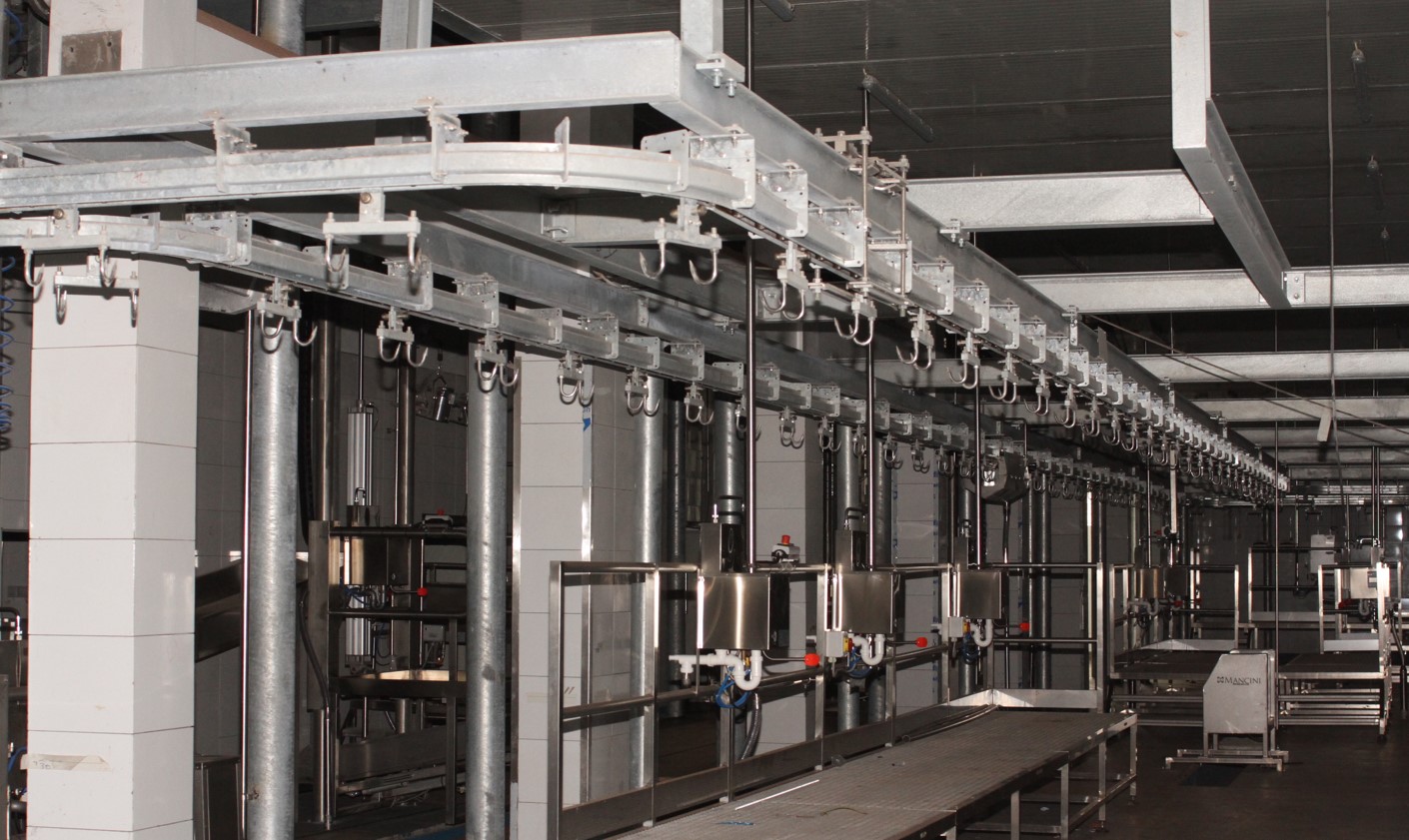 Some of the installations at the Isiolo abattoir. (Photo: Maureen Kinyanjui)
Some of the installations at the Isiolo abattoir. (Photo: Maureen Kinyanjui)
Immense promise
For local pastoralists like John Ewoi, a resident of Kiwanja in Isiolo, the completion of the abattoir holds immense promise.
Ewoi, a businessman and livestock farmer, relies on his herd of cows, bulls, and goats for his livelihood.
"If the abattoir opens, it will help me so much. Right now, I sell my animals at the Isiolo market, but the prices are so low. A mature cow is only selling for Sh35,000, and a goat is going for Sh3,500. A mature goat should fetch at least Sh9,000," Ewoi said.
He explained that the new abattoir would offer fairer pricing based on the weight of the animals, a system that he believes would be more transparent and beneficial for pastoralists.
"Currently, prices are set based on what a buyer observes by just touching the animals. But with the abattoir, we are told that the pricing will be based on weight, which will make a big difference for us," he said.
Ewoi noted that for many pastoralists in Isiolo, livestock is not just a source of income but a way of life.
"We fight with other communities like the Samburu, not because we want to, but because we are fighting for that wealth, our livestock. It is our livelihood, and the abattoir will help us realise better returns from our animals," he added.
Create jobs
The abattoir's completion will bring not only economic benefits to the pastoralist communities but also create jobs and open new markets for livestock.
The facility is expected to employ over 300 people, providing jobs in the processing, management, and maintenance of the abattoir.
"Once the abattoir is operational, it will create more than 300 direct jobs, and it will boost the local economy by attracting investments and supporting the pastoral industry," Godana said.
The demand for meat products is high both locally and internationally, and Isiolo's strategic location makes it an ideal hub for exporting livestock products to regional and global markets.
"The central location of Isiolo, surrounded by counties with large pastoral populations like Marsabit, Wajir, Garissa, and Samburu, means the abattoir will have a steady supply of animals and a ready market for its products," Godana explained.
In the long term, the abattoir is expected to transform Isiolo into a key player in the livestock industry, providing a reliable and profitable outlet for pastoralists' animals while creating sustainable economic opportunities for the region.
Past years have seen northern Kenya left behind in economic megaproject investments.
However, with the globe-standard high-throughput abattoir dedicated to pastoralist livestock value addition solely sited in Isiolo, officials have termed the project to be a reliable and profitable outlet for pastoralists' animals while creating sustainable economic opportunities for the region.
Top Stories Today
